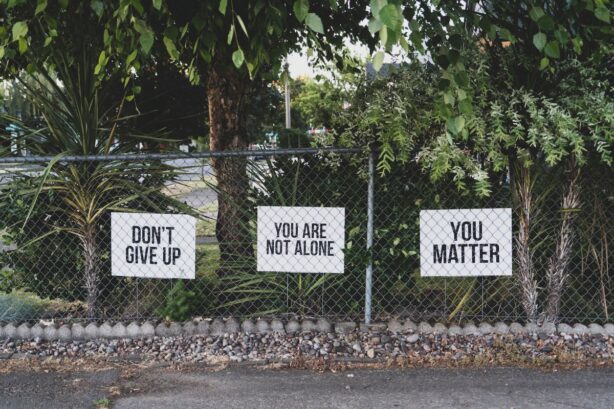When a loved one is struggling with addiction, it affects everyone that cares about them.
And, because of that, their recovery process can be helped by getting support from friends and family.

Helping a loved one through recovery can be a noble and compassionate decision.
However, it’s crucial to approach the situation with awareness and realistic expectations.
Here are some ways to support a recovering addict through the healing process:
Educate Yourself
The first step in supporting your loved one through their recovery process is ensuring that you’re educated about their struggle.
Take the time to learn more about their specific addiction and the challenges they might face during recovery, so that you can better support them when times are tough.
Suggest Professional Help
The support of trained professionals is essential in a successful recovery process.
Whether that takes the form of a full-time rehab center like altituderecovery.com, a weekly support group, or visits with an addictions therapist, the knowledge and expertise of addiction specialists can make a world of difference.
Offer assistance in finding suitable treatment options, and accompany them to appointments if requested.
Be Available
Simply being there for a loved one through their recovery can often be the best support you can give.
Create a safe space for open and honest communication. Encourage your loved one to share their feelings and concerns, and be a good listener without immediately offering solutions.
Though it can be tempting to overanalyze past actions, make it a point to avoid judgement and criticism.
Individuals in recovery often face enough internal struggles without the added pressure of external judgment. Show empathy and understanding.
Help Reduce Daily Stress
Addiction relapse often occurs because of an inability to deal with the stressors that might occur in our lives.
Triggers might include job loss, the end of a relationship, illness, or even busy times in life that lead to day-to-day stress.
That’s why finding positive ways to handle stress is so important.
Encourage healthy lifestyle changes that can help reduce stress, such as daily exercise, morning meditation, and setting a regular bedtime.
You may also want to offer to handle some basic tasks if they’re feeling overwhelmed.
This might include transportation to appointments, grocery shopping, or household chores. Reducing stressors in their daily life can help minimize overall stress.
Just remember to set boundaries on what you can and can’t do, so that your loved one doesn’t take advantage and burden you with all their responsibilities.
Take Care Of Yourself
Providing support to a recovering addict through their healing process isn’t an easy job.
Make sure that you take time for yourself, as well. Prioritize your own well-being by ensuring you take breaks when needed.
You may also want to ensure you’re supported through the process by speaking to a therapist or joining a support group for family members of addicts.

Helping a loved one through addiction recovery isn’t an easy job, but your support might make all the difference.
In the end, however, remember that the only person that can truly commit to recovery is your loved one. Hopefully, with time, they’ll move to a better tomorrow.
